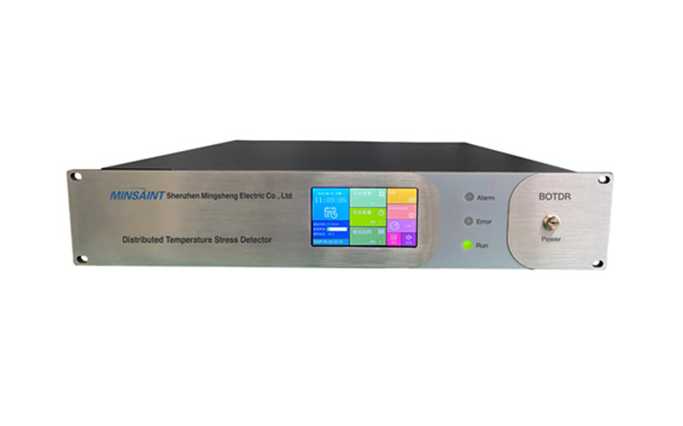In the realm of automotive engineering, turbocharging has revolutionized the performance of modern engines. However, like any technological advancement, it comes with its own set of drawbacks. One such peril is the phenomenon known as overboost. In this blog post, we will delve into the reasons why overboost is detrimental to engine health and explore the potential consequences it can have on both short-term performance and long-term reliability.
- Understanding Overboost:
Overboost occurs when the turbocharger in an engine delivers an excessive amount of compressed air into the combustion chamber, surpassing the engine's designed limits. While it may seem beneficial at first glance, overboost can lead to a cascade of issues that compromise the overall functionality and longevity of the engine. - Excessive Stress on Engine Components:
When subjected to overboost, the engine's components, such as pistons, connecting rods, and valves, experience increased strain beyond their intended capacity. This heightened stress can result in premature wear and tear, leading to reduced engine efficiency, decreased power output, and potential catastrophic failures. - Elevated Cylinder Pressure and Temperature:
Overboost causes a surge in cylinder pressure and temperature, pushing the engine beyond its optimal operating conditions. This can lead to detonation, commonly known as knocking, which occurs when the air-fuel mixture ignites prematurely. Detonation not only diminishes power output but also poses a severe risk of damaging the engine's internals. - Increased Heat Generation:
Overboosted engines generate excessive heat due to the higher combustion pressures and temperatures. This surplus heat can overwhelm the cooling system, potentially causing overheating issues. Moreover, prolonged exposure to elevated temperatures can degrade lubricating oils, leading to accelerated wear and reduced lubrication efficiency. - Negative Impact on Fuel Efficiency:
Contrary to popular belief, overboost can adversely affect fuel efficiency. The increased pressure and temperature demand a richer air-fuel mixture to prevent detonation. Consequently, more fuel is injected into the engine, resulting in higher fuel consumption and reduced mileage. - Implications for Emissions:
Overboost can also have detrimental effects on emissions. The richer air-fuel mixture required to counteract detonation leads to increased production of harmful pollutants, such as nitrogen oxides (NOx) and particulate matter (PM). This compromises the engine's compliance with stringent environmental regulations and contributes to air pollution.
Conclusion:
While turbocharging has undoubtedly enhanced engine performance, the dangers of overboost cannot be overlooked. The excessive stress, elevated temperatures, reduced fuel efficiency, and increased emissions associated with overboost can significantly impact both the short-term and long-term health of an engine. It is crucial for automotive enthusiasts and engineers alike to understand and mitigate the risks associated with overboost to ensure optimal engine performance and longevity.





